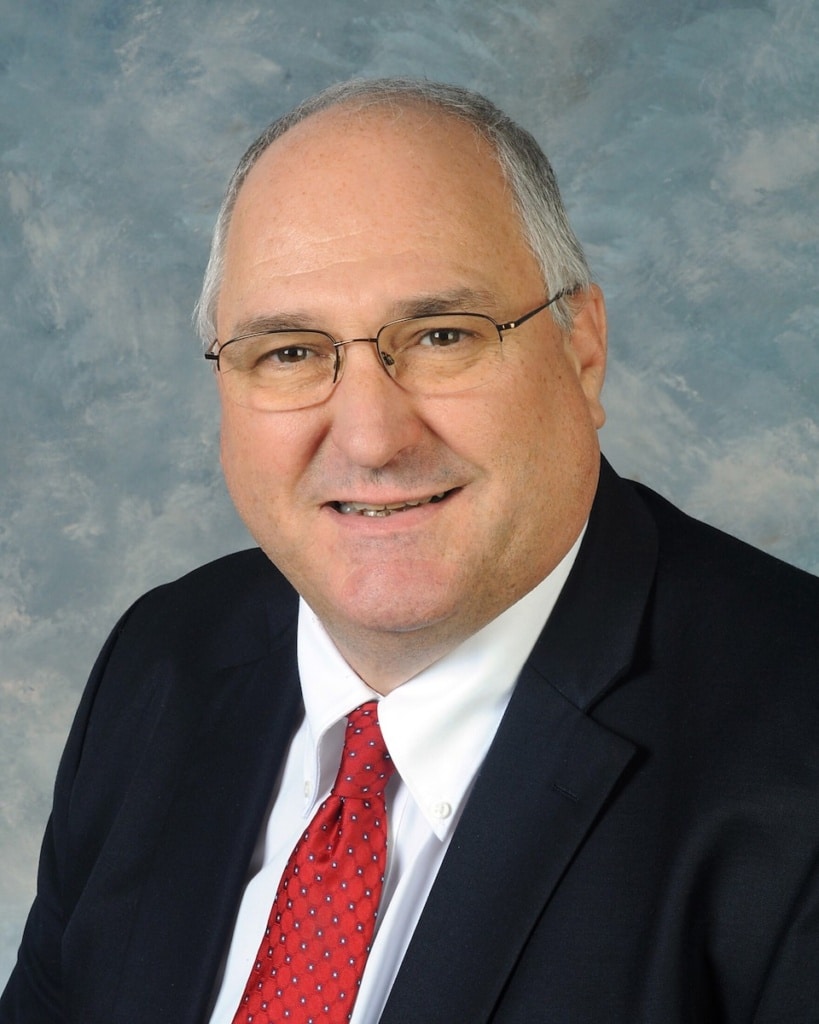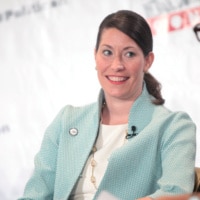A bipartisan group of lawmakers — including some former educators — is attempting to secure permanent funding for full-day kindergarten programs in Kentucky schools with a bill request prefiled in September.
The current push for fully funded kindergarten follows the legislature’s decision during the previous session to appropriate $140 million to fund full-day kindergarten in the budget bill for 2021-2022 fiscal year.
The Kentucky government has provided to school districts only enough funding for half-day kindergarten for decades, despite the fact that most districts offer full-day kindergarten, according to the Kentucky Department of Education. Districts are expected to use local general funds to cover the remainder of the costs.
Republican Rep. James Tipton is the primary sponsor of the bill. As a member of the house education and appropriations and revenue committees, he said he has a “keen interest in education issues” and the economic know-how to make it happen.

Tipton wrote a similar bill a couple years ago that would’ve transitioned the state into funding full-day kindergarten over a four-year period, but he said he couldn’t get it through due to budgetary concerns at the time.
“If you go back to even before I served — back in ‘08, ‘09 — we had the recession, we had the economic downturn,” Tipton said. “State budgets were cut dramatically as a result of that. We still have a large public pension obligation that we have to meet, but I believe that at the current time the state is financially stable enough to take on this investment going forward. For the educational outcomes of our children, this is a wise investment.”
If passed, funding for full-day kindergarten will come from the Support Education Excellence in Kentucky (SEEK) funding program, a formula-driven allocation of state funds to districts accounting for such metrics as transportation costs and the number of special needs students.
Tipton noted providing full funding for kindergarten though SEEK may free up funds districts can put toward other needs, such as preschool programs, school safety or hiring more mental health professionals. Some districts may even choose to increase teacher salaries to improve recruitment and retention.
“It gives the school districts the flexibility to invest those resources where they feel like they’ll be best served,” Tipton said.
As a retired educator and member of the house education committee, Rep. Steve Riley said this bill is especially crucial now because the COVID-19 pandemic has been a “great detriment” to young learners who most benefit from hands-on learning.
“Early childhood education is the key for education in general,” Riley said. “If a child falls behind early, they never truly catch up. I think it’s very important that we try to provide the best educational opportunities we can early on.”
Riley said he anticipates the bill will receive bipartisan support in the legislature, and any opposition will likely be more focused on the associated cost than the proposition itself.
“Most people realize kindergarten and preschool are very important to the long-term educational success of students,” Riley said. “That becomes a part of your society, and then, it becomes a great opportunity for economics.”
Eddie Campbell — president of the Kentucky Education Association (KEA), a public education advocacy organization — said the KEA has held a longstanding position advocating for full-day kindergarten because of the benefits it provides to children at that “vital” stage in their development.
“There’s an old saying, ‘Everything I need to know I learned in kindergarten,’ and it’s very true,” Campbell said. “During those young, formative years, brain development, especially in the frontal cortex, has to do with organizing and planning and attention. [Kindergarten] teaches [children] those important social skills that they need, those emotional skills, but then, it provides that solid foundation for learning, those foundations for reading and math.”
Campbell echoed the sentiment that permanent funding for full-day kindergarten would free up money in districts’ general fund budgets for preschool, arts classes or other enrichment activities that may not have been feasible due to budgetary constraints.
Other sponsors of BR 275 include Reps. Kim Banta (R), Tina Bojanowski (D), Jennifer Decker (R), Kim King (R), C. Ed Massey (R), Bobby McCool (R), Melinda Gibbons Prunty (R), Josie Raymond (D), Attica Scott (D) and Lisa Willner (D).






